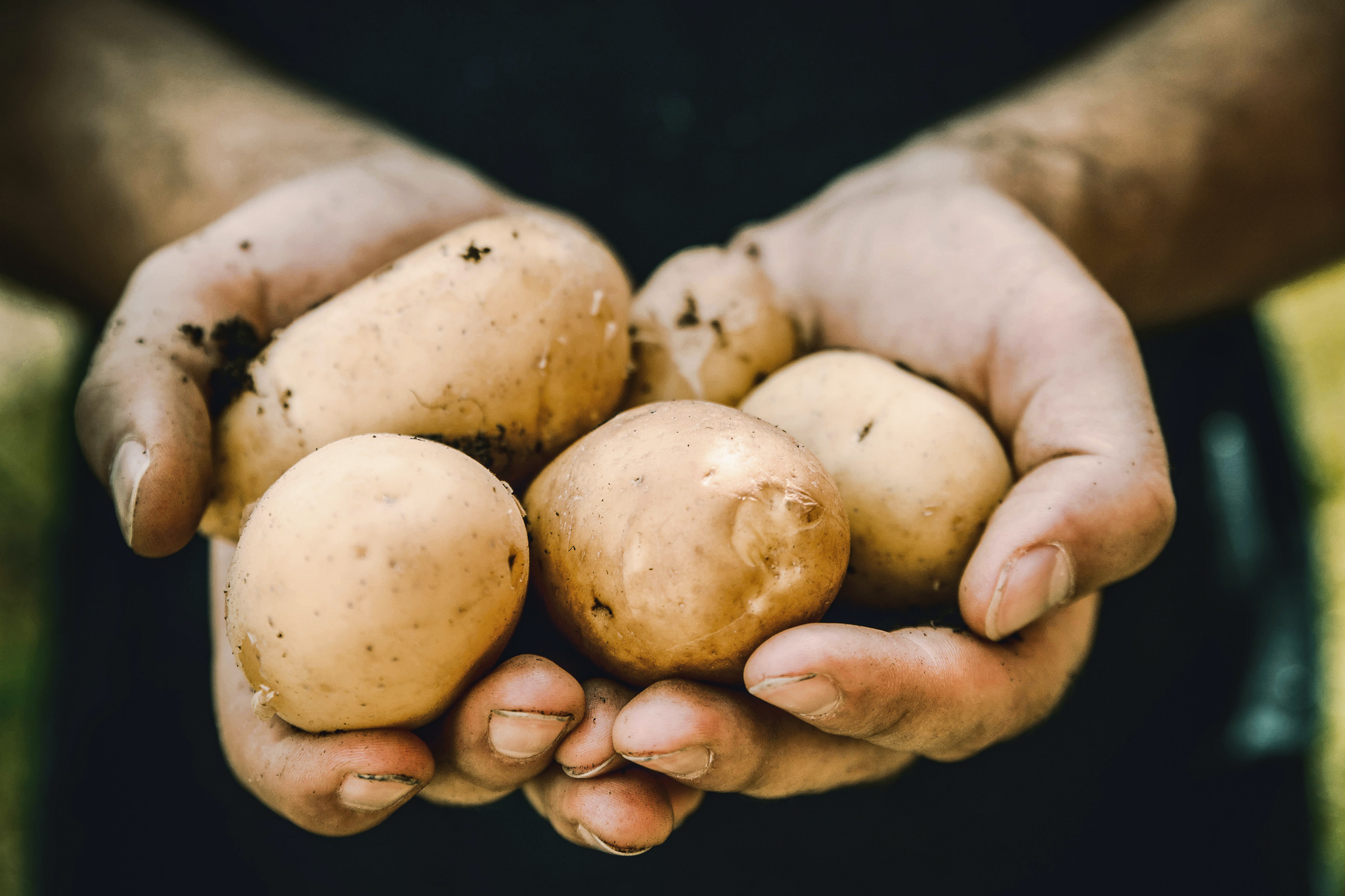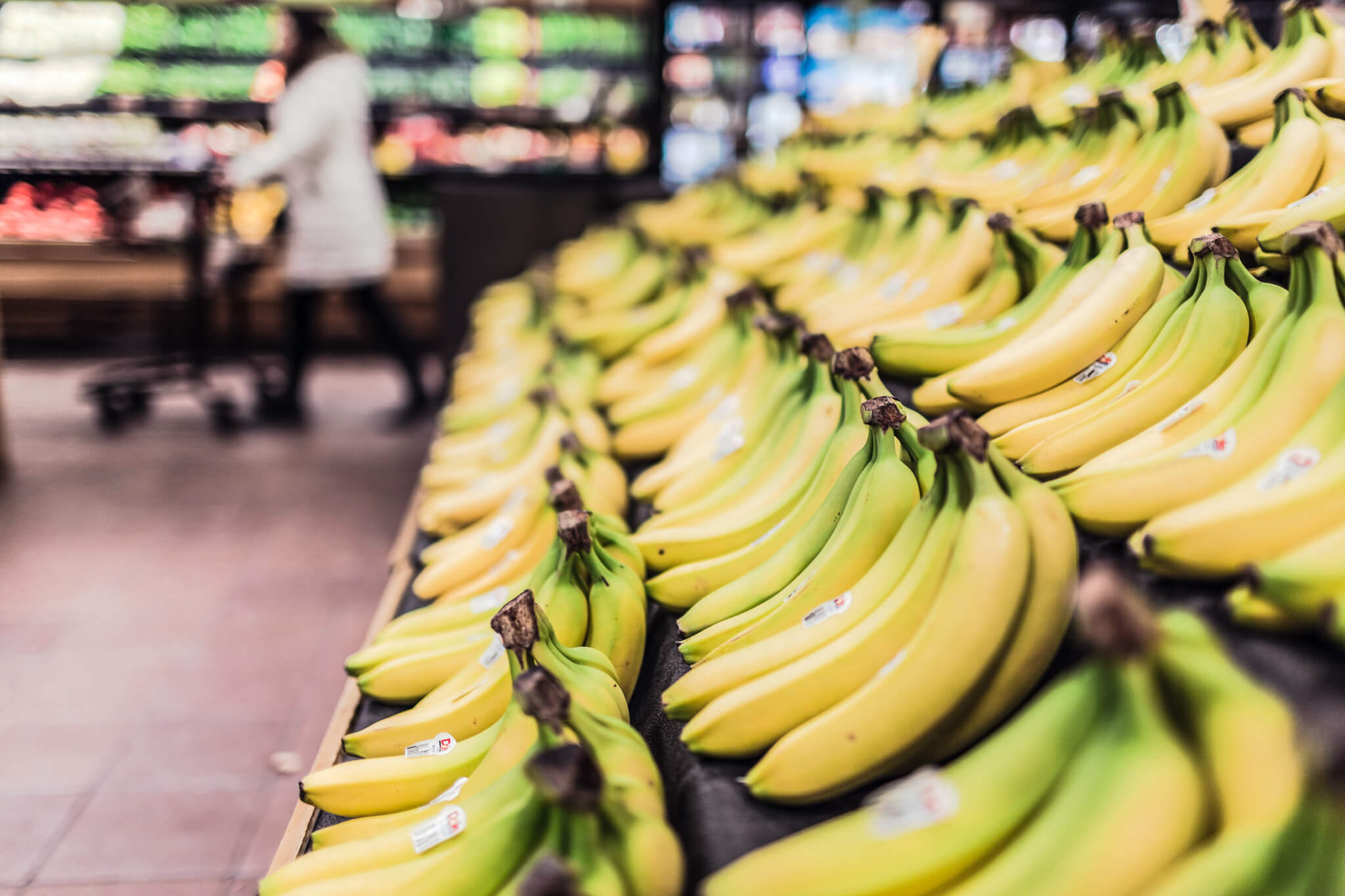As mentioned in a previous blog, I worked on our farm full-time each summer after 8th grade. I drove equipment for 9 harvests on my family’s farm (and one in Australia for a family friend). During a couple of those summers, my coworkers were three of my cousins, my brother, my dad, my uncle, and my now sister-in-law, along with a few community members. My paychecks were signed by my mom, the farm bookkeeper.
We had themed dress-up days (I once spent a workday with a handful of glitter Vaseline-d to my face like Ke$ha because I am nothing if not committed to a theme). A few nights a week, we’d stop the equipment for an hour and have family dinner in the field, coordinated by my aunt. We were probably the picture many people have in their minds of a family farm (minus the glitter).
In general, people like the idea of a family farm.
We have a notion in our head of who we want growing our food. What they look like, the lifestyle they lead, and how they produce food and other commodities. We don’t want them to be corporate, factory, industrial, or any of the other words that conjure a picture of something besides a quaint family unit, tending to their land.
A major part of my desire to write these blogs and discuss aspects of agriculture is simply to provide understanding. The news and supermarkets and social media are full of catchphrases and marketing designed to make us feel a certain way (and purchase a certain way, as discussed in this previous blog). I want to offer the actual meaning of some of those terms so that when you are making a food choice, you are making it based on true understanding.
I want to add a disclaimer here that farming and its definitions and classifications are a multifaceted discussion that can’t all be covered in one blog post. Right now, I’m not going to get into the ethical, environmental, or financial commentary that we might associate with different types of farming. I’m not avoiding the subject; I just can’t do it all justice in one post.
98% of US farms are family farms
The USDA’s Economic Research Service (ERS) published a 2019 report titled America’s Diverse Family Farms. This report includes information on the physical size of farms, their production value, the makeup of their leadership, how they earn their income, and many other variables.
In 2018, only 2 percent of farms were nonfamily, meaning that the person making most of the day-to-day decisions for the farm wasn’t the primary owner, or related to the primary owner.
The other 98 percent of farms were operated by the primary owner or their relatives. These 98 percent accounted for 88 percent of farm goods produced in the US. Based on discussion about corporate farming, would you have guessed that so much of our food and resources were coming from family farms? Probably not.
Farms are businesses
We hear the term “corporate farm” and we each assign our own meaning to it. The implication is usually that it’s a giant farm with no families involved or something to that effect. The USDA defines a farm as “any place that, during a given year, produced and sold at least $1,000 of agricultural products.”
When you are making money, in any industry, it makes sense to operate as a structured business. You want to ensure that you are handling expenses and taxes and employees legally and responsibly. You don’t typically run a major business out of your personal checking account.
The majority (90%) of farms are set up as sole proprietorships, the other 10 percent are legally organized as partnerships and corporations, both S and C corps. The legal organization of a farm doesn’t tell us about the farm size or their farming practices. It mostly just tells us how they are taxed. Being a family farm also doesn’t tell us much about how a farm operates.
It’s an ever-changing industry
In 2017, the most recent year the USDA farm census was performed, there were about 173,000 fewer farms in America than there were in 1997. The number of farms that are farming more than 2,000 acres had gone up by about 10,000. So the number of farms has gone down, but the average farm size has only increased by 10 acres in the last 20 years.
(There are also 54 and a half million fewer acres in farms than there were in 2017 and we are producing more than ever, so that tells us something about improvements in farm efficiency, but that’s a topic for another day).
There are a lot of reasons behind the numbers I shared above about the number of farms. Honestly, there is truth to the idea that some farms have gone under because large farms have made it difficult for them to stay in business. There are also many other reasons we have fewer farms. One of them is because of the passage from generation to generation.
The USDA estimates that in the next 20 years, 70 percent of US farmland will change hands. Much of that is because we have many farmers who will be retiring. In some cases, there is a willing and well-trained next generation to take over. That’s not always the case. Farming isn’t everyone’s cup of tea and there are many cases where there is no willing generation to take over. In that case, those farm acres are consolidated into other farms.
We are over-simplifying a bigger topic
The overall discussion around farm type (family, industrial, corporate, factory) and their practices, along with farm quantity and acreage and alllllll of that is so much more complicated than just “Family farms are better than corporate farms.” I’m not saying everything about the structure of some large-scale farming is perfect. I think what’s happening right now in our food supply chain shows that it isn’t. I’m just saying, let’s think about the words we use and hear, and what they mean.
Leave a Reply
Previous Post
Next Post
Food companies often use fear and misconceptions to market their product. Enter your email below and you'll have 5 ways to beat them at their sneaky game.
5 Food Label Secrets to Save Big $$$ at the Grocery Store
oh, yes please
FREE DOWNLOAD
The Olive Branch
Offering first-hand perspective on farming and our food supply
Home
About
consulting
resources
Contact
the blog
Follow along on Instagram
@theolivebranch_j
The olive branch 2023 | design by tonic






Excellent article. I was surprised by how much the number agricultural acres has decreased in just a few years. I hope that is not a continuing trend.
I didn’t know that 98% of farms are family owned. Very cool! So proud to have worked for you guys!
Just this week I had a discussion regarding “factory” farms with some one. I asked what the term meant and they could not tell me, although they sure had some negative things to say about them.
Great article that explains our farm situation well! Thanks
I think that’s fairly common. “Factory farming” does sound very negative, but it seems to be very up to interpretation between different people, which makes it more difficult to talk about in a productive way.
Nice job on this. Very true